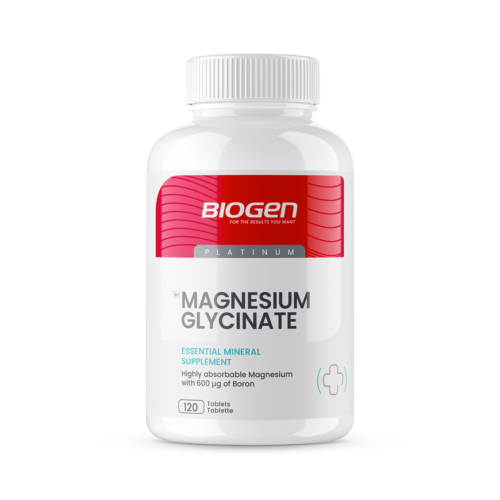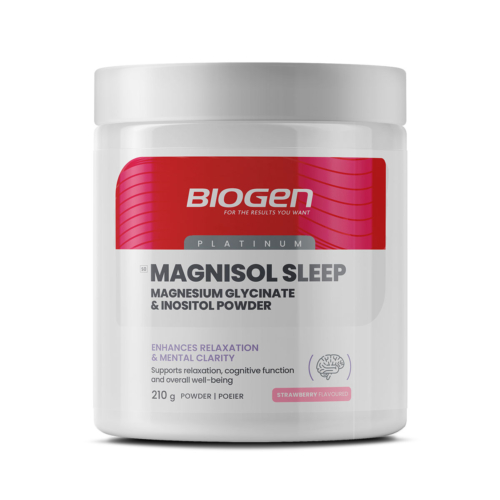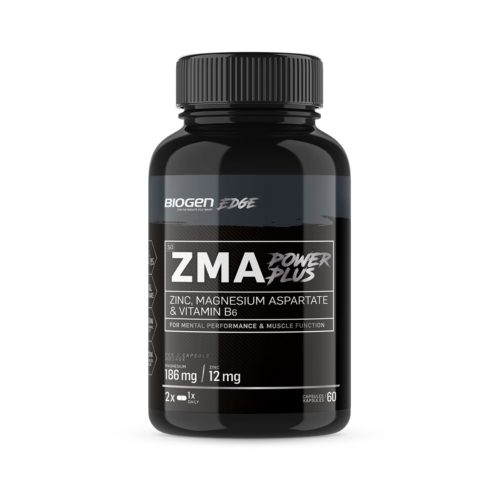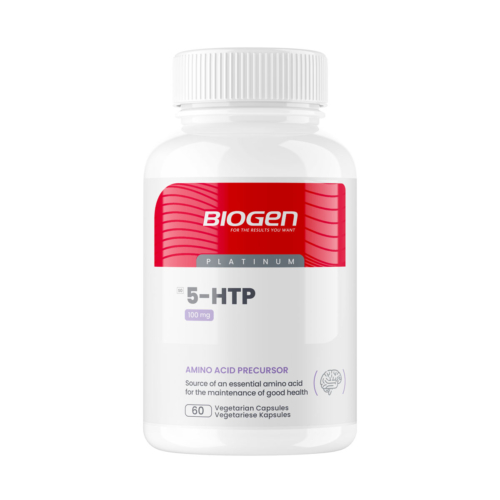
Understanding the Mental Benefits of Exercise and How It Boosts Focus, Mood, and Cognitive Health
While many people exercise to build muscle, manage their weight, improve their fitness or train for a race or competition, getting active isn’t just about physical fitness – it’s one of the most powerful tools for improving mental health and cognitive function.
From reducing anxiety and depression to boosting memory and focus, the psychological benefits of regular physical activity can deliver transformative benefits for your cognitive function and overall quality of life.
Whether you’re a dedicated athlete or someone who simply enjoys staying active, understanding how movement impacts your mental wellbeing can revolutionise your approach to fitness.
Train your brain
With rates of mental disorders, such as anxiety, depression, dementia, Alzheimer’s and Parkinson’s, rising globally, World Mental Health Day on 10 October 2025 aims to raise awareness and prompt proactive action.
It is the ideal time to consider how exercise could benefit your brain and mental health, whether you hit the gym, the aerobics studio or the road.
Taking proactive steps is also vital in our fast-paced, always-on modern lifestyles, where we’re more cognitively engaged more of the time, and our brains need to deal with more stressors in the forms of physical, environmental, emotional and lifestyle-related stress.
Brain-boosting benefits
Research consistently shows that physical exercise benefits the brain by changing its structure and improving its function.
Numerous studies show that physical activity generally increases brain volume and boosts cognitive function, especially learning.
For example, a study¹ published in the journal Frontiers in Psychology affirmed that “moderate intensity exercise is related to increased performance in working memory and cognitive flexibility, whereas high-intensity exercise improves the speed of information processing. “
Other studies² show that running improves brain plasticity by significantly increasing the number of new neurons that connect cells in a wide range of important areas of the brain.
These areas include the temporal lobe (which handles memory, hearing, and language, processes sensory information, and helps you understand and produce speech), the pre-frontal cortex (the part of the brain responsible for executive functions, including planning, decision-making, problem-solving, working memory, and social behaviour), and the hippocampus (crucial for forming new memories, spatial navigation, and emotional processing).
That feel-good feeling
Regular exercise, particularly aerobic exercise, releases various substances, including endocannabinoids and endorphins, the ‘feel-good’ hormones, such as serotonin and dopamine that lead to the so-called runner’s high.
This effect is associated with a drop in stress hormone levels in humans, which helps to improve mood and combat depression.
Studies³ also show how regular exercise can help reduce age-related declines in cognitive function by improving the function of both grey matter – the active brain cells – and the white brain matter that connects areas of grey matter together.
Weighing in on weight training
While the forms of exercise covered in these studies predominantly focus on cardiovascular activities, such as walking, running and cycling, emerging research also links weight training to a stronger, more resilient mind.
One study⁴ that included data from nearly half a million people contained in the UK Biobank has revealed that muscular strength, measured by handgrip, is a reliable indication of brain health.
The findings showed that, on average, stronger people – rated according to maximal handgrip – performed better across tests of brain function, which included reaction speed, logical problem solving, and various memory tests.
The study also showed that the relationships were consistently strong in both people aged under 55 and those aged over 55.
According to lead author, Dr Joseph Firth, the study showed that a clear connection exists between muscular strength and brain health.
“When taking multiple factors into account such as age, gender, bodyweight and education, our study confirms that people who are stronger do indeed tend to have better functioning brains,” said Firth.
The research showed that the connections between muscular strength and brain functioning also exist in people experiencing schizophrenia, major depression and bipolar disorder, all of which can interfere with normal brain function.
The exercise effect
Numerous factors help exercise improve brain function. These include improved insulin sensitivity, reduced inflammation, and the release of growth factors, all of which positively affect the health of brain cells.
Exercise also improves blood flow to the brain by creating new blood vessels, and learning new movement patterns helps to create and maintain neural pathways.
Physical activity also seems to benefit our brains, especially as we get older, by augmenting adult neurogenesis⁵ – the creation of new brain cells in an already mature brain. This effectively means that exercise not only slows the natural age-related decline of brain tissue, but it can also improve brain function by generating new tissue and connections.
Supplement support
You can also support the brain-boosting benefits of exercise with adequate sleep and targeted nutritional support with specifically formulated supplements.
Magnesium is often referred to as the “master mineral” because of its vital role in over 300 processes that keep your body running smoothly. From helping regulate blood sugar and blood pressure to producing energy and supporting nerve and muscle function, magnesium is essential for overall wellbeing. It also supports relaxation, helping the body better manage stress and promoting more restful sleep.
When it comes to helping you switch off at night, magnesium plays a crucial role in regulating GABA (gamma-aminobutyric acid), a calming neurotransmitter that quiets the nervous system and prepares your brain for sleep.
Magnesium acts as a modulator of GABA receptors⁶, enhancing their activity and promoting relaxation. Without enough of this mineral, GABA activity drops, making it harder for your mind to shut down, leading to difficulty falling or staying asleep. This mineral also helps reduce the physical tension in muscles.
For those who struggle to get sufficient magnesium from their diet, bioavailable supplements can offer nutritional support. Biogen stocks a range of magnesium supplements, including:
- Biogen Magnesium Glycinate: Bound to glycine for superior absorption and gentle on the gut
- Biogen ZMA: Contains magnesium aspartate, another highly bioavailable form great for athletes
- Biogen Magnesium Chelate: Highly absorbable, ideal for performance and recovery
- Biogen Magnisol Sleep: Combines magnesium glycinate, inositol, and vitamin C helps support muscle function, maintain electrolyte balance, and support a healthy immune system while reducing oxidative stress
You can find more direct mood support from 5-HTP, found in products like Biogen 5-HTP. 5-Hydroxytryptophan (5-HTP) may help increase serotonin production, a neurotransmitter that controls mood while promoting neural regeneration, which creates new cells and tissue to repair the nervous system.















